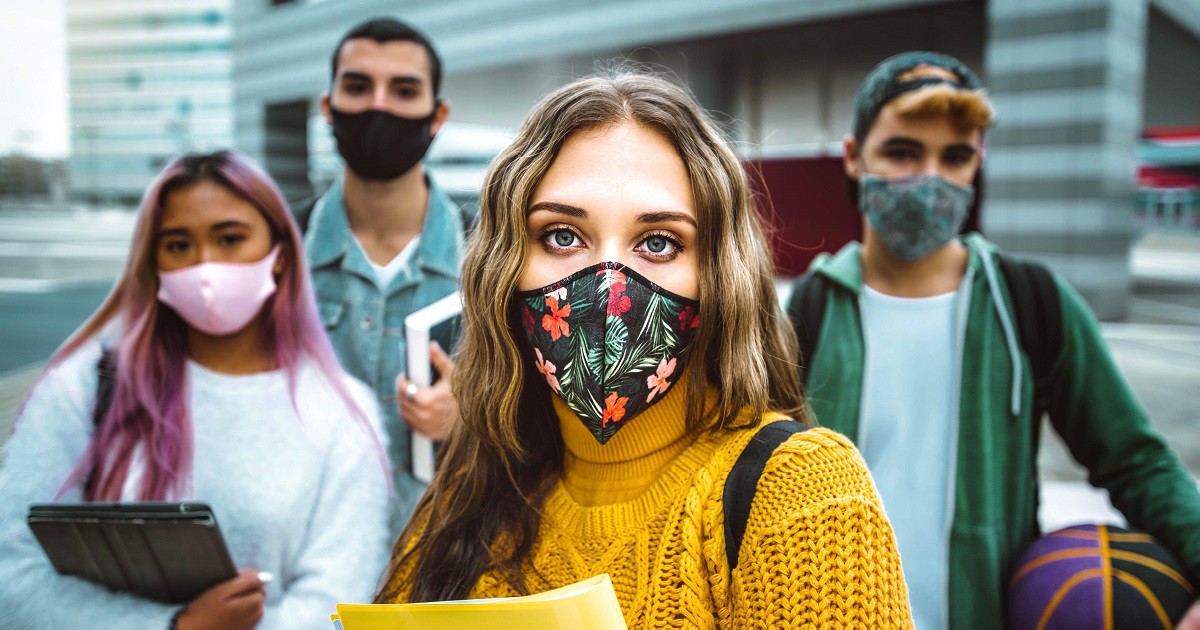What are the rules on consent for Covid-19 vaccines for teens?

5 August 2021
16 and 17 year olds will NOT need parental consent to get Covid vaccines
All 16 and 17 year olds to be offered Covid vaccine, won’t need parental consent
Parental approval is not needed for jabs
It was announced on 4 August that the Joint Committee on Vaccination and Immunisation (JCVI) would be advising the government that 16 and 17-year-olds who are otherwise healthy should now be offered their first dose of the Pfizer vaccine.
The vaccine has already been recommended for children aged 12 to 15 years old at increased risk of becoming seriously ill with Covid-19 or who live with an immunosuppressed person.
In response to a question about whether parental consent will be needed for the vaccines, Professor Wei Shen Lim, chair of the JCVI, said: “In the UK, a person who is 16 years and above is deemed able to consent for themselves, and if they are competent and able to consent for themselves then that consent holds.”
The fact parental consent is not required for people over the age of 16 has been reported on by several news organisations. This is correct, but it is important to note that this does not mean that no consent is required at all, and the teenage recipient will still be able to choose whether to consent to the vaccine. It is also important to note that this is not unusual in the UK.
People aged 16 or over are entitled to consent to their own medical treatment, including vaccinations, unless there is sufficient evidence to suggest they are not capable of doing so.
Children under the age of 16 can consent to their own treatment if they’re believed to have enough intelligence, competence and understanding to fully appreciate what’s involved in their treatment. This is known as being Gillick competent. Otherwise, someone with parental responsibility for them must consent for an immunisation to take place.
For immunisations in schools, the guidance says: “Consent differs depending on the age and competence of the individual child or young person. In secondary school age children, information leaflets should be available for the young person’s own use and to share with their parents prior to the date that the immunisation is scheduled.”
It also states: “When someone aged 16 or 17 years consents to vaccination, a parent cannot override that consent […] If a person aged 16 or 17 years or a Gillick-competent child refuses treatment that refusal should be accepted.”
People must also “be given enough information to enable them to make a decision before they can give consent.”


